Home » Dysautonomias » POTS: Rehabilitation in Teens and Young Adults with Phil Fischer, MD and Shelley Ahrens
POTS: Rehabilitation in Teens and Young Adults with Phil Fischer, MD and Shelley Ahrens
Video Transcript
Mr. Al Ruechel: Hi everybody I’m Al Ruechel and welcome to this segment where we’re going to talk about POTS rehabilitation in teens and young adults and I’m pleased to be joined now by Doctor Phillip Fisher and Shelley Aherns, thank you so much for being with us. A lot to talk about during this segment, let’s start out with a little of your backgrounds and how you are involved with POTS.
Dr. Phillip Fischer: I’ve been a general pediatrician for about thirty years now so I get to take care of children with their families for whatever is going on. But for the last 20 years at the Mayo clinic that’s focused on children and adolescents with chronic fatigue and chronic pain and we’ve realized a lot of them have POTS and a lot of them need a lot of help recovering.
Mr. Ruechel: Wow, and your background.
Ms. Shelley Ahrens: So, I’m a nurse practitioner working at the Mayo clinic with POTS patients, where I’ve worked for the last nine years and I also work in the pediatric pain rehabilitation center program at Mayo clinic.
Mr. Ruechel: Rehab, it is possible to be rehabilitated from something like this although you may not be in quotes cured. Let’s talk about that whole notion. From day one when we knew that POTS existed, or when it was named, has rehabilitation always been a part of the protocol or did we know if it would even work?
Dr. Fischer: We’re continuing to learn more all the time, some get discouraged because they feel so bad, most get discouraged because it’s terrible to have POTS. But we’re learning more and more that rehabilitation and full recovery are possible for the majority of patients.
Mr. Ruechel: Ok, when we say it’s possible, doctor what do we mean? What is the percent? 80%? 90%? Does it depend upon somebody’s will, what?
Ms. Ahrens: Well, it really is dependent upon some of the effort that the patients really want to put into it. It’s a lot of lifestyle changes to work towards this recovery and improving their quality of life.
Mr. Ruechel: So, when you say recovery tell me about some of the steps that are in recovery.
Dr. Fischer: So, you have the goal is to get back to regular life, regular living which for teenagers means going to school, having friends, doing things with friends, getting involved in extracurricular activities. To get there from being terribly fatigued, from being dizzy when they stand up and having pain, takes a lot of practical steps and some of them are the opposite of what the individual’s body wants to do. So they need to get up, they need to be active, they need to get into an aerobic exercise program, they need to adjust what they eat and drink with more fluid and more salt, and they need to get help to keep their mind in charge of their body so their mind can be running what the body does rather than the mind just serving what the body feels like.
Mr. Ruechel: You, know what is interesting, you’re reading some of the background and doing some of the research I have just to get ready for these interviews, I found it very interesting when they talk about the things that can trigger problems it’s stress related items but I’m thinking wait isn’t exercise kind of, couldn’t that trigger it and do just the opposite?
Dr. Fischer: So, a lot of time people get sick with a confluence of several things happening at once, whether it’s an illness or an injury, but recovery means you have to take charge and get better. Stress can happen if you exercise too much if you don’t exercise at all you’re not going to get better, but if you have a graded step by step increasing exercise program then you actually can recover.
Mr. Ruechel: What does the exercise part of it do to the body? What’s happening there?
Ms. Ahrens: So, we know that exercise helps to improve blood flow in patients with POTS and that’s a key factor in improving how they feel on a daily basis. We know that exercise will help to decrease fatigue, it improves strength it improves stamina and endurance and really help patients move towards that recovery. We also know it releases endorphins in the body, natural feel good pain killers, and many patients with POTS struggle with a lot of chronic pain so we know that it’s going to help decrease their pain also.
Mr. Ruechel: Now, how long did it take before you came up with this regime of knowing how to rehab somebody, I’m curious?
Dr. Fischer: Everybody has a personal story, for me it was figuring out what POTS is, what POTS involves, how to treat it medically, how to treat it with lifestyle changes. But it was about twelve years ago, we came up with the realization that just telling them the individual pieces of what to do wasn’t enough for those that were most seriously debilitated and that’s when we realized we needed to put the pieces together into a comprehensive rehabilitation program.
Mr. Ruechel: Now, you know what happens when people, particularly teenagers, go through this they are told sometimes this is all in your head, you’re all making this stuff up, if you just get up and get running blah blah blah. So, how do you convince a teenager or anybody who is going through rehab that this is not in your head, and yet you have to do a little mind readjusting to say I’ve got take charge of something, that people tell me I’m not crazy but it feels like I am.
Dr. Fischer: And I’ll tell them that the problem is not in their head, but part of the solution is. The problem is the involuntary nervous system that runs throughout the whole body, this is a body problem but part of the solution is getting their head back in control of the rest of the body.
Mr. Ruechel: So, how do they receive that when you tell them that?
Ms. Ahrens: They are typically grateful to hear that we don’t feel like the problem is all in their head, but many of the patients that we see are high achievers, they’re good athletes, they’re great students, and so we kind of try to play off of the strength of let’s use your strong, really smart mind to help overcome what’s going on with your body.
Mr. Ruechel: Yeah, so it’s more than just a pep talk, but these again are high achievers, these are motivated people to begin with. So, if a person isn’t motivated is there any chance for rehab?
Dr. Fischer: Step by step yes. They don’t need to take the third step down the road but they need to take the current step and once they start taking some steps towards recovery and seeing that it works, once they see other people going through the same process and recovery, then they get motivated for one more step and one more so progressively they grow towards motivation and they grow towards recovery.
Mr. Ruechel: Ok, what are the things that chronic fatigue syndrome. Boy, I remember in the news business, ten or fifteen years ago when people started using that people got so frustrated because anytime they got tired, they would go I have chronic fatigue syndrome. Clinically what’s the difference between being tired or having chronic fatigue syndrome?
Dr. Fischer: So, chronic fatigue means tired for a long time, chronic fatigue syndrome to a physician is a specific research diagnosis to compare similar patients by how they do. For teenagers I don’t use the term chronic fatigue syndrome. They have fatigue and it’s lasted for long time so it’s chronic fatigue, but I find that many if we call it chronic fatigue syndrome then go to the internet and are somehow are led to believe that they’re never going to get better. So, I have them focused on yes, you’ve been tired, yes, it’s been for a long time but you have something from which you can recover. So sometimes the term chronic fatigue syndrome, even though it’s a legitimate medical researched term, sometimes that term ends up distracting them from the potential they have for recovery.
Mr. Ruechel: So, walk me through, let’s say I’m the patient I’m coming into your clinic right now, what’s going to happen to me? And kind of give me some time frames on this, one week, three weeks, four weeks what?
Ms. Ahrens: For a patient coming into a intensive rehabilitation program it’s a lot of the times a three week program. The program that we have at Mayo clinic would be seventeen business days and in that program there will be a lot of cognitive behavioral therapy, there’s exercise, there’s occupational therapy, recreation therapy, there’s amazing peer support from other teens who understand what it’s like to be going through this difficult time. There’s parent component in many of these programs, we know that parents need to be reeducated on how to help their teens with their recovery and families of patients with POTS the focus tends to be on the teen who is struggling with all of the chronic symptoms and everyday parents are asking, oh how do you feel today, do you have a headache, rate your pain for me today and we want to get away from the focus on pain behaviors and move towards that recovery and normalization of life again. Getting back to talking about normal activities and sports and school and all those sorts of things. We also know that mindfulness is an essential component of a recovery program. Deep diaphragmatic breathing, progressive muscle relaxation, guided imagery, yoga, tai chi, these are all activities that are going to help to decrease the sympathetic nervous system dominance that occurs in these kinds of patients, turn on that parasympathetic nervous system and help promote rest and digest and recovery. We, know that the research tells us that in this patient population if we’re doing activities such as that for 25 to 30 minutes a day it is going to help decrease their symptoms.
Mr. Ruechel: Right. This isn’t just covering up the symptoms and the symptoms are still there; it is correcting it?
Dr. Fischer: The symptoms eventually will go away for the pain they might still have the pain but they’re not going to focus on it, they’re not going to think about it and they’ll function in spite of it and then gradually over time the pain will actually go away.
Mr. Ruechel: So, it’s one thing to try and to develop some kind of protocol, but what is the evidence, the scientific evidence that this stuff really works?
Dr. Fischer: Somebody once said that the proof is in the pudding, I think the same thing holds here. We have scientific evidence that the outcomes show that the patients get better with this. We, also know it’s plausible and scientific for each step we’ve involved. There are good data showing that cognitive behavioral therapy helps a lot for chronic pain, for chronic fatigue and for POTS. There are good data that shows that an exercise program is effective and when we put it all together into a full-on rehabilitation program, 85+ % of our patients are back to nearly normal activity by the few days after the end of the program. We wrote up the first thousand patients that went through our program, we have data showing that patients get better and those improvements are sustained for months and months afterwards. The proof is in the pudding, the testimonials add up to standardized studies and research data that say yes it works.
Mr. Ruechel: Now, one thing we are trying to do with this project is to just make sure that other doctors and other physicians know about this stuff. We know this clinic exists at Mayo, in Rochester, near my hometown by the way I had to throw that in, but what about other clinics do they know and understand this same kind of information as you do?
Dr. Fischer: There are several places in the country that are doing this. What seems to be important is to have a multidisciplinary team bringing together physicians and psychologists and occupational therapists and physical therapists and nurses with educators all together bringing together a full team to help the patient and the family get better. Some places do this as an inpatient program, a few others do this as an outpatient program, and most have found that it takes about three weeks of consistent activity to be able to ingrain the new habits into the life so that somebody can get better.
Mr. Ruechel: Thank you so much for your time, we really appreciate it. Keep up the good work ok.
Dr. Fischer: Thank you very much
Ms. Ahrens: Thank you
Visit our Education Center for Autonomic Disorders for additional video resources for patients and providers.
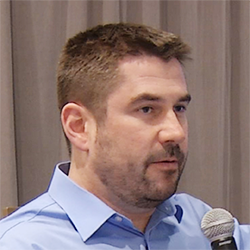
Wolfgang Singer, MD
Associate Professor of Neurology
Mayo Clinic Rochester, MN


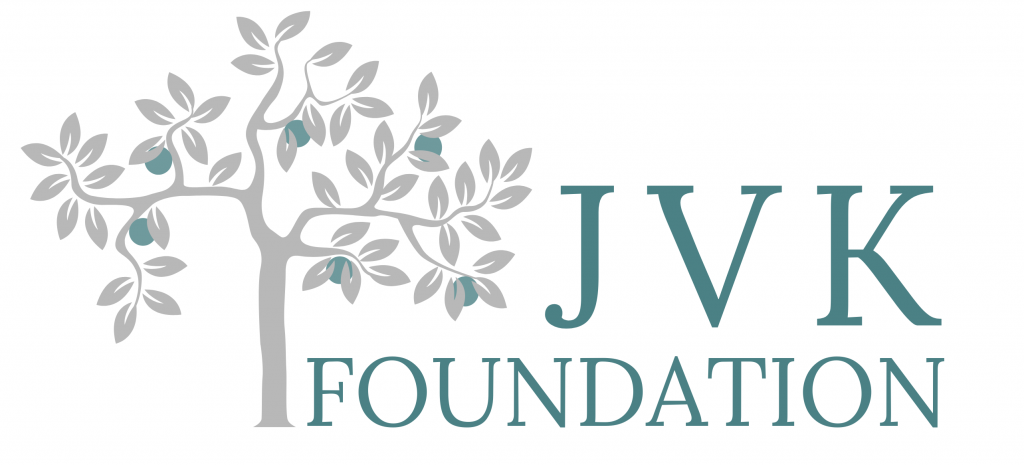
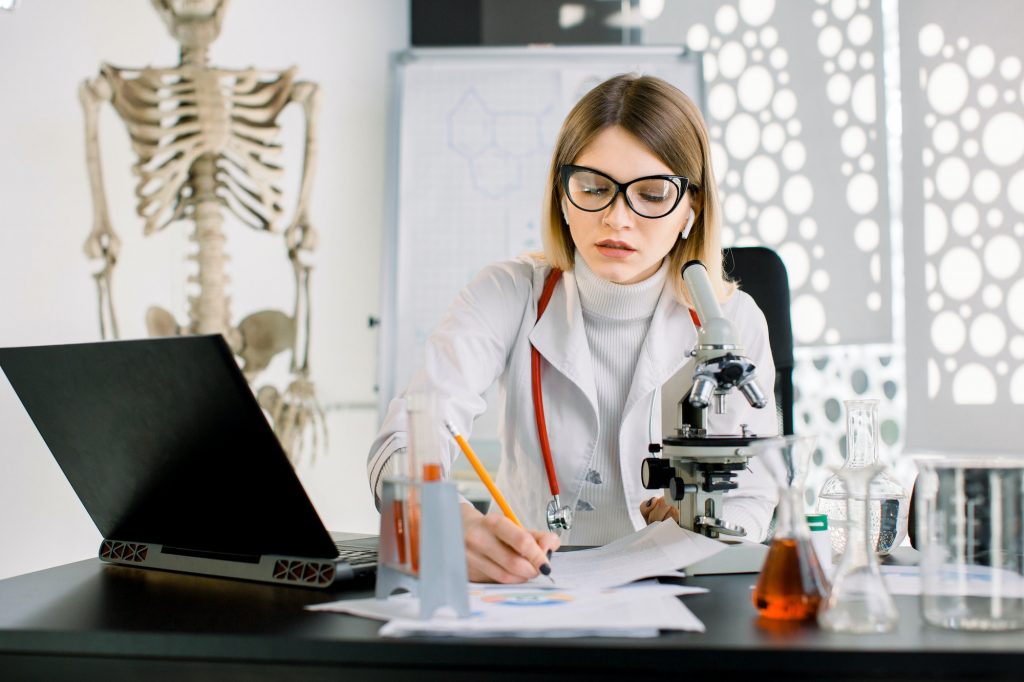
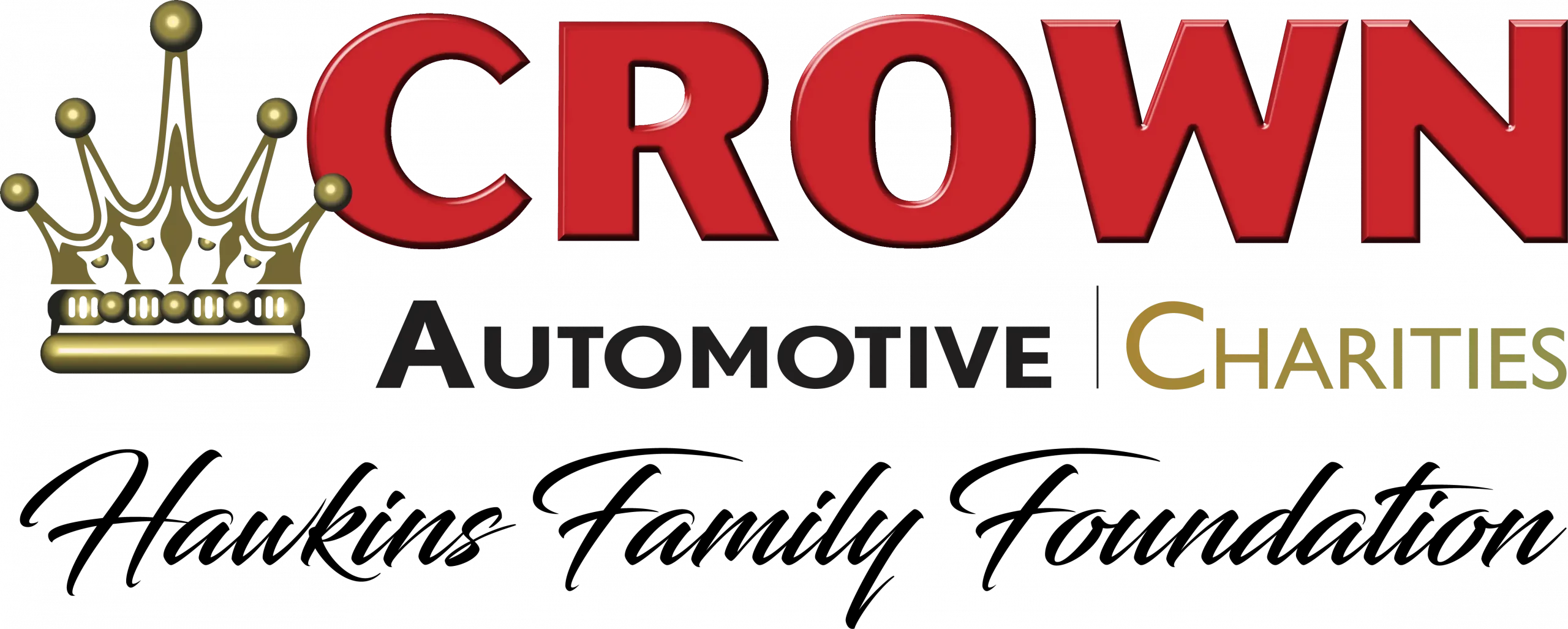






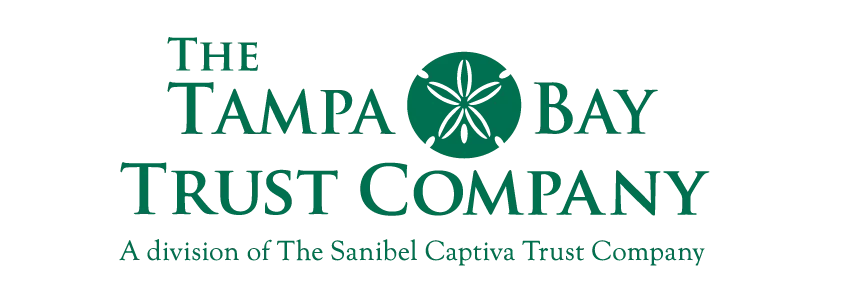
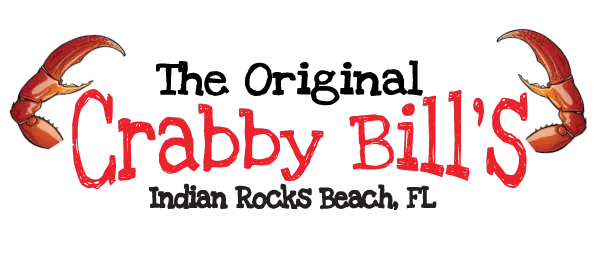



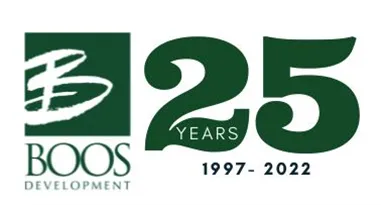


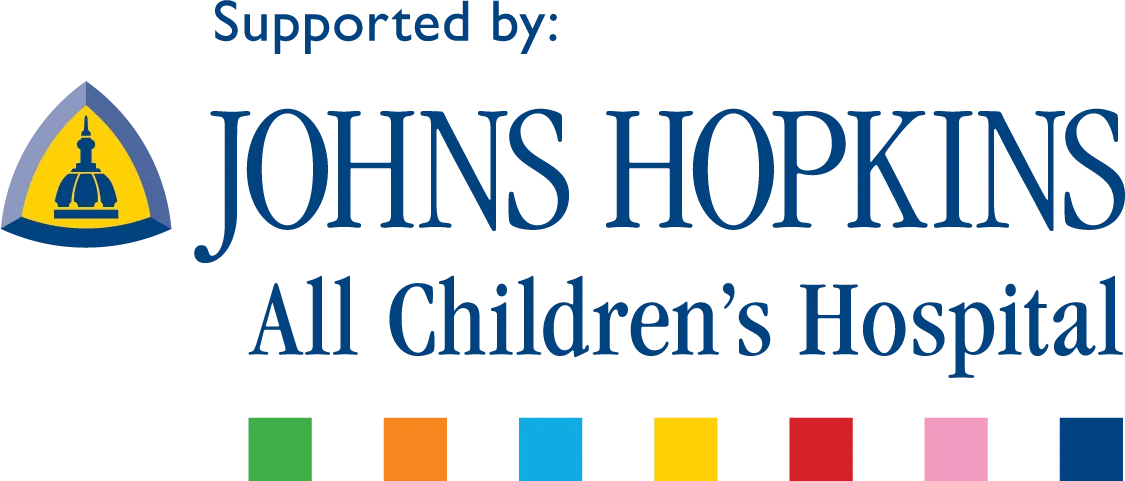







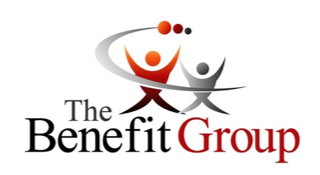



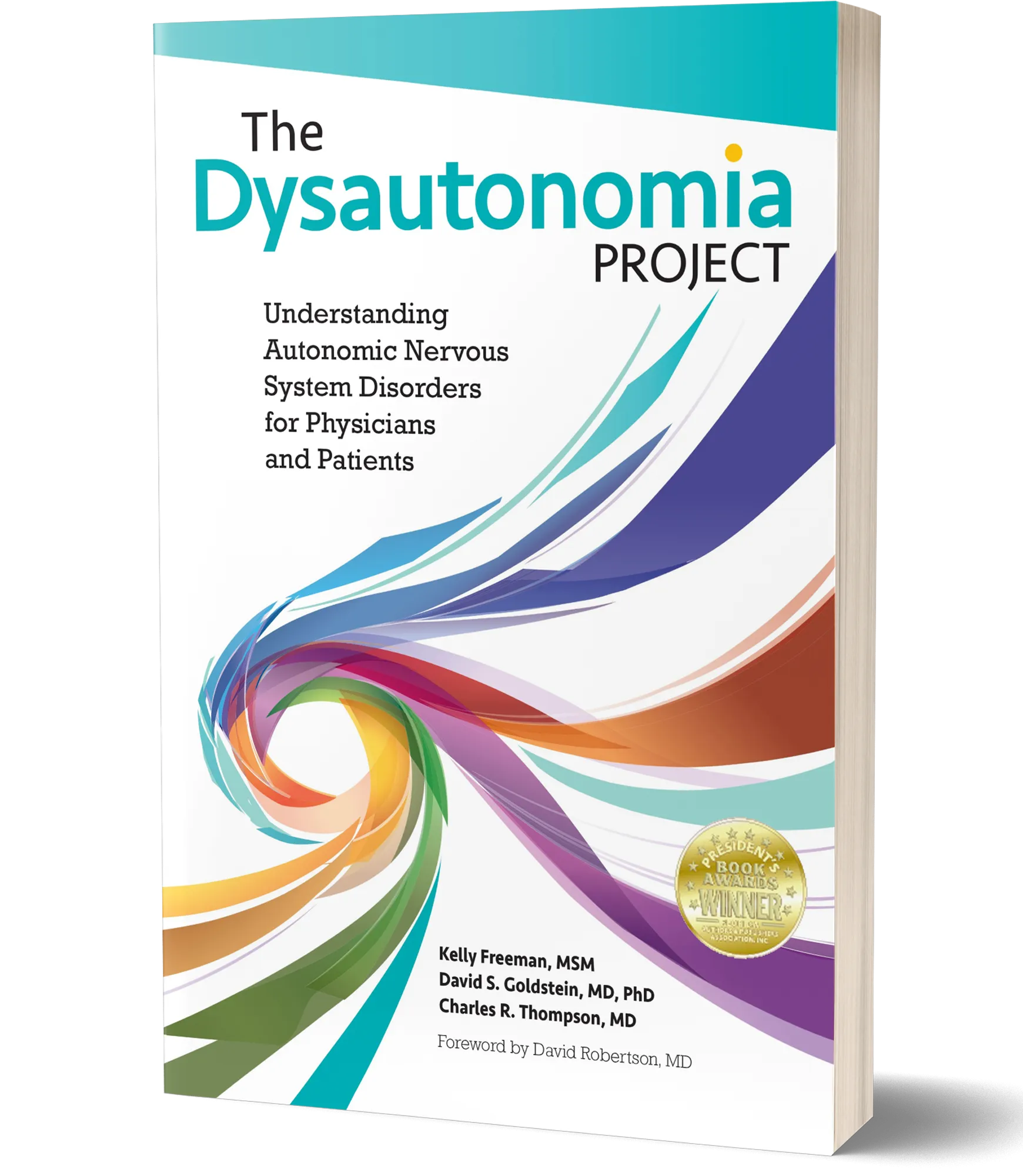
Hi my daughter is 19 and suffers with fainting and seizure type episodes they think she may have POTs it happens daily , generally through jumping up too quick or taking stairs on exertion ( fast movement)
Any information would be greatly appreciated at this time .